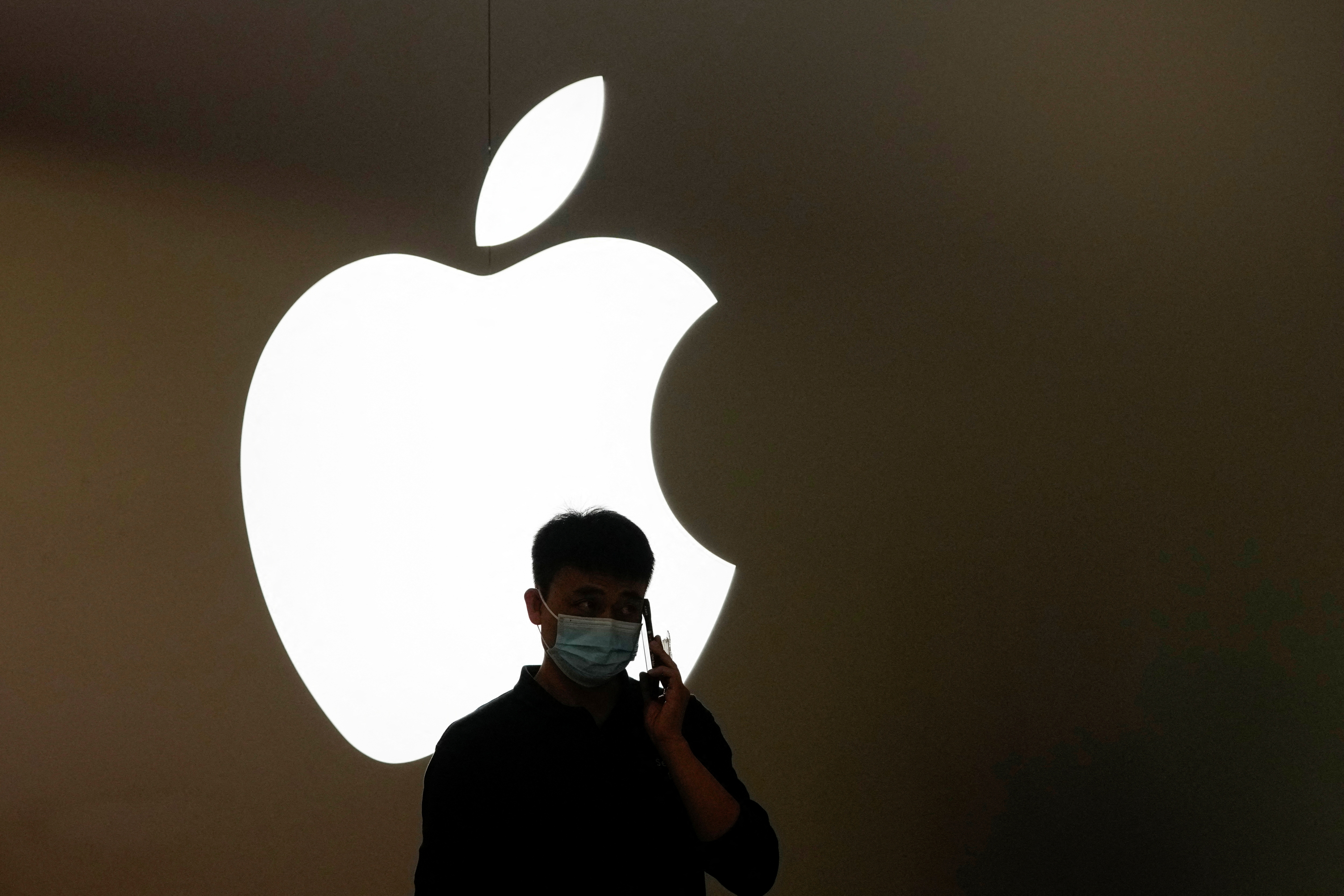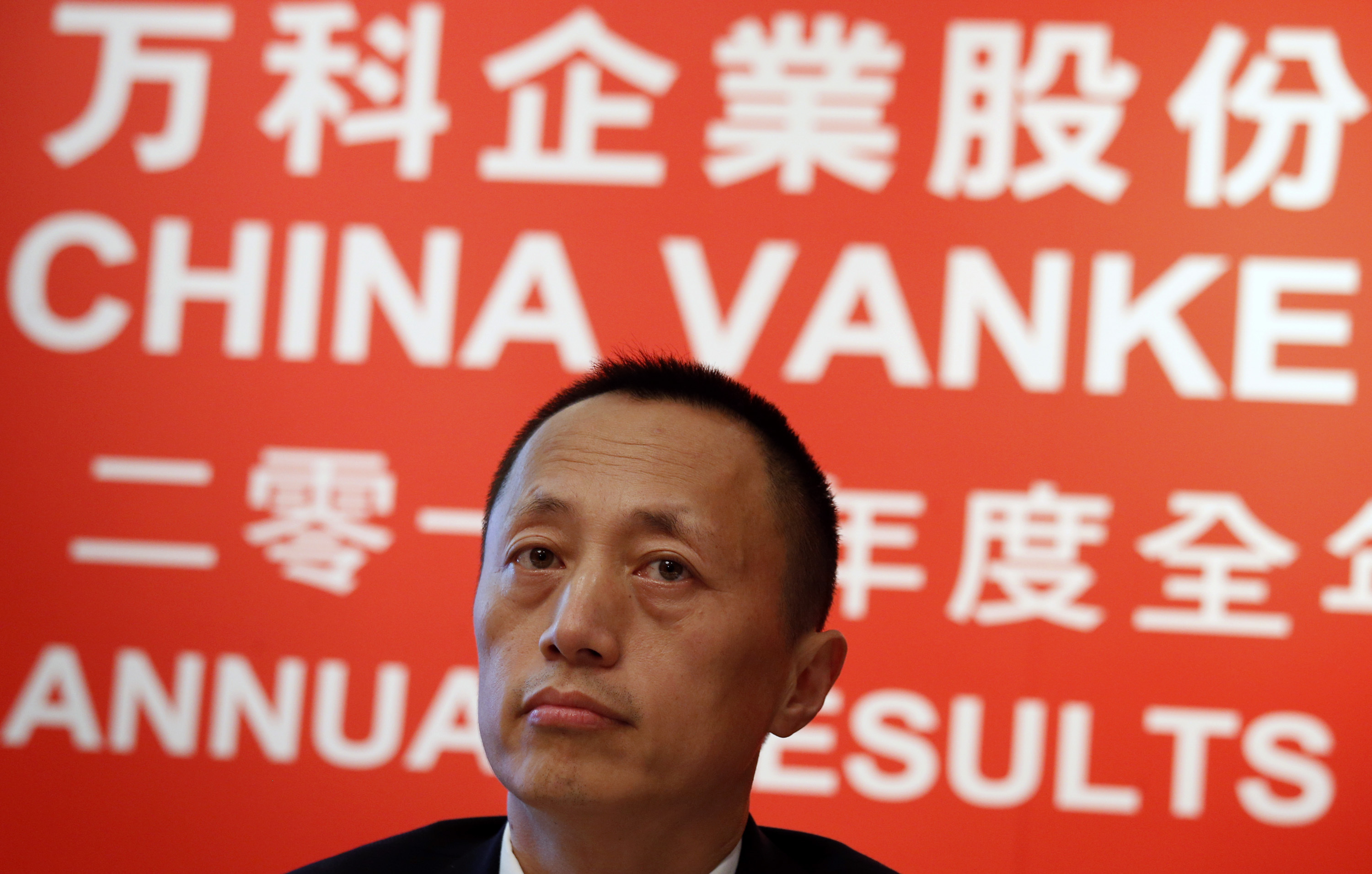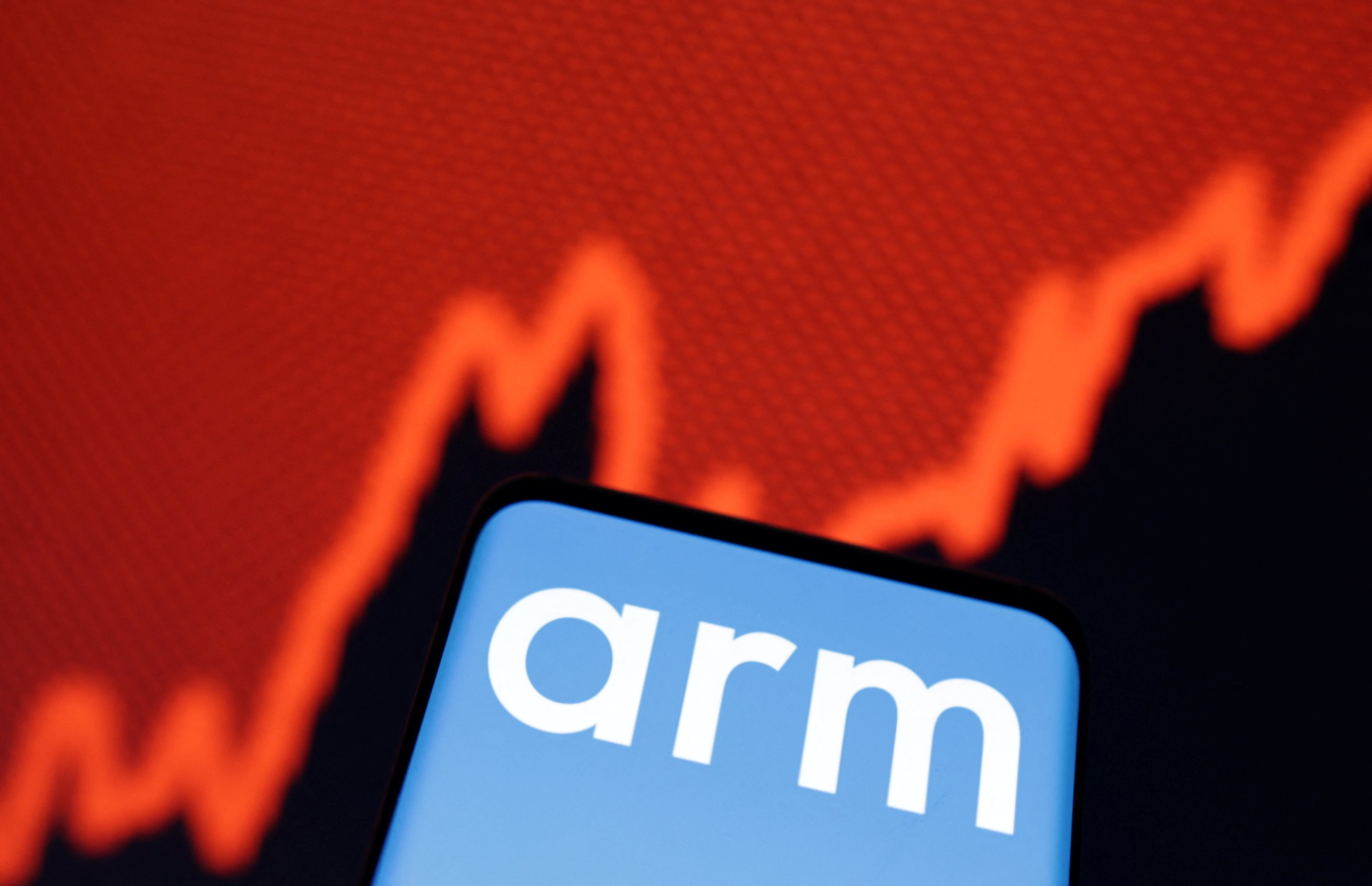Apple’s high valuation exposes it to China’s whims

A man talks on a phone in front of an Apple logo outside its store, following the coronavirus disease (COVID-19) outbreak in Shanghai, China, November 7, 2022. REUTERS/Aly Song Acquire Licensing Rights
NEW YORK, Sept 7 (Reuters Breakingviews) - Apple (AAPL.O) investors are nervous after reports the Chinese government will impose a ban on officials using the $2.8 trillion company’s iPhones. The 7% fall in the stock over the past two days looks overblown if current retaliatory measures end here. More draconian clampdowns, however, show a problem, especially given Apple’s lofty valuation.
Inside China, there has been no public announcement on the ban, and Reuters reported that the distribution of the message has been patchy across different departments. In fact, state-owned China Mobile (0941.HK), on Thursday denied rumors about the company suspending the sales of iPhone models.
Even so, Apple could withstand the measures being implemented as implied. China accounts for 19% of Apple’s revenue, and less than 1% of the population works in the government. Analysts project $407 billion of revenue in the fiscal year ending in September. Say iPhones sold in China have a margin of 35%, higher than that of the overall company. The ban would vaporize around $280 million of profit. At 28 times forward earnings, Apple's current multiple, about $8 billion of value goes away. That’s 0.2% of Apple’s market capitalization.
It’s not impossible to think that measures could worsen. China often acts in a tit-for-tat manner when it comes to bans. President Xi Jinping ramped up the emphasis on national security after U.S. Congress passed the Defense Authorization Act in 2018, stipulating that anyone who works for the government must give up their phone if it was made by Chinese telecommunications companies Huawei or ZTE. If U.S. Congress takes further steps to ban TikTok, say, companies including Apple may face further blows. And while consumer boycotts seem unlikely now, they have engulfed brands like H&M (HMb.ST) in past nationalistic backlashes.
Even then, Apple’s stock price reaction looks on par. Assume 25% of the Chinese market disappears. That would eliminate about $19 billion revenue, or almost $7 billion of profit. On Apple’s multiple, that’s $188 billion, or 7% of the company’s current market capitalization.
The biggest problem, however, is Apple’s current valuation. If it regressed to its decade average of 18 times estimated earnings, that would knock out about one-third of its market capitalization. A lower multiple would certainly make sense, too, if risks in China ramped up. From manufacturing to sales, China represents both operational efficiencies and growth opportunities. Apple’s fully baked price could leave it badly burned.
Follow @rob_cyran and @ywchen1 on X
CONTEXT NEWS
China ordered officials at central government agencies not to use Apple’s iPhones and other foreign-branded devices for work or bring them into the office, the Wall Street Journal reported on Sept. 6, citing people familiar with the matter.
China has in recent weeks widened existing curbs on the use of iPhones by state employees, telling staff at some central government agencies to stop using their Apple mobiles at work, Reuters reported on Sept. 7, citing two sources familiar with the matter.
The People’s Republic planned to broaden the ban to state firms and agencies, Bloomberg reported on Sept. 7, citing sources.
Apple's stock is down 3.4% to $177 as of 1426 GMT on Sept. 7. It had fallen 3.6% on Sept. 6.
Column by Robert Cyran in New York and Yawen Chen in London. Editing by Lauren Silva Laughlin and Sharon Lam
Our Standards: The Thomson Reuters Trust Principles.




